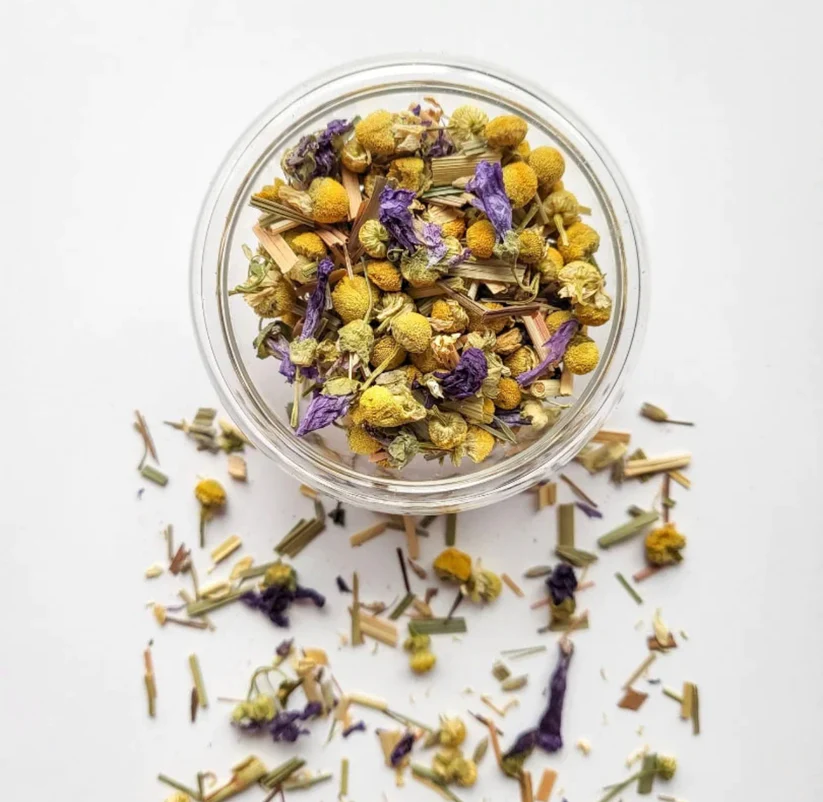Introduction
After a satisfying meal, many cultures around the world have a tradition of enjoying a cup of after-meal tea. This practice isn’t just about sipping a comforting beverage; it also serves the purpose of aiding digestion and providing a pleasant conclusion to a meal. In this article, we will explore the concept of after-meal tea, its potential digestive benefits, and the various herbs and blends commonly used for this purpose.
The Tradition of After-Meal Tea
The tradition of after-meal tea is deeply rooted in culinary cultures globally. It is seen as a way to enhance the dining experience by promoting digestion, alleviating discomfort, and providing a sense of closure to a meal. This practice reflects the belief that certain herbs and teas can help soothe the digestive system and create a feeling of satisfaction.
Common After-Meal Tea Ingredients
Several herbs and blends are popular choices for after-meal tea due to their potential digestive benefits. Here are some common ingredients:
- Peppermint: Peppermint tea is known for its ability to soothe the stomach, reduce gas, and relieve indigestion.
- Ginger: Ginger tea has been used for centuries to aid digestion. It can help alleviate nausea and promote healthy digestion.
- Fennel: Fennel tea is often consumed after meals to ease bloating, gas, and stomach discomfort.
- Chamomile: Chamomile tea is gentle on the stomach and can help calm digestive issues and promote relaxation.
- Licorice: Licorice root tea may help reduce inflammation in the stomach and soothe digestive discomfort.
- Anise: Anise tea is believed to help alleviate digestive issues and reduce bloating.
- Lemon Balm: Lemon balm tea is known for its soothing properties, which can help with digestion and relaxation.
Potential Digestive Benefits
The digestive benefits of after-meal tea ingredients may include:
- Relief from Indigestion: Many of these herbs can help alleviate symptoms of indigestion, such as bloating, discomfort, and heartburn.
- Reduced Bloating: Certain teas, like fennel and anise, are thought to have carminative properties, which can reduce gas and bloating.
- Soothing Effects: Peppermint and ginger teas, in particular, are known for their soothing effects on the digestive tract.
- Calming and Relaxing: Chamomile and lemon balm teas may promote relaxation, which can aid digestion, especially after a heavy meal.
How to Enjoy After-Meal Tea
To make the most of after-meal tea, consider these tips:
- Choose Your Blend: Select a tea or herb that aligns with your personal preferences and digestive needs.
- Brew Mindfully: Brew your tea with care, using water at the appropriate temperature and steeping for the recommended time to extract the desired flavors and benefits.
- Sip Slowly: Take your time to savor the tea slowly after a meal, allowing it to work its digestive magic.
Conclusion
After-meal tea is more than just a pleasant beverage; it’s a tradition rooted in culinary cultures worldwide that promotes digestive well-being. Whether you opt for the soothing qualities of peppermint, the zing of ginger, or the calming effects of chamomile, after-meal tea can be a delightful and beneficial ritual to incorporate into your dining experience. So, the next time you conclude a satisfying meal, consider reaching for a cup of after-meal tea to aid digestion and provide a comforting conclusion to your culinary journey.






